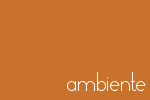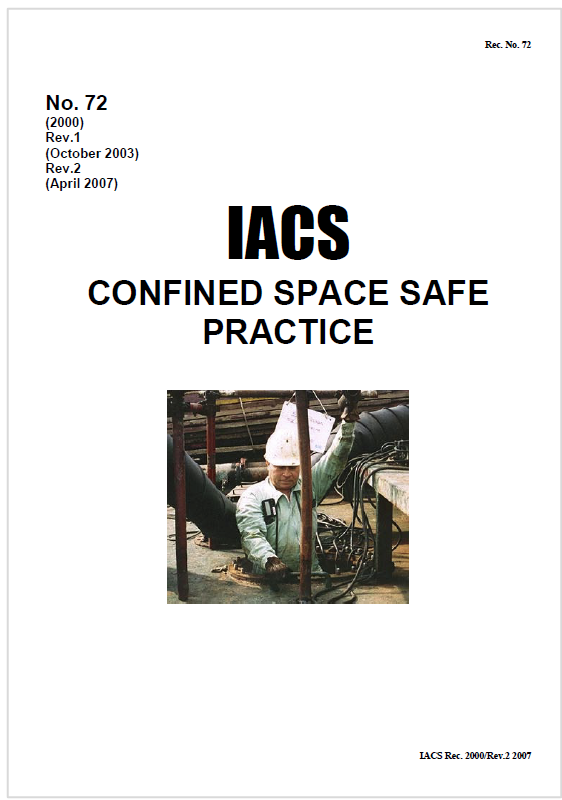Confined space safe practice / IACS Rec 72 - Rev. 2.0 2007
| Appunti Sicurezza lavoro | |||||||||||||||||
| 22 Maggio 2025 | |||||||||||||||||
| Salve Visitatore | |||||||||||||||||
|
Confined space safe practice / IACS Rec 72 - Rev. 2.0 2007 ID 20836 | 24.11.2023 / Attached Confined space means a space that has any of the following characteristics: - limited openings for entry and exit; It includes, but is not limited to, boilers, pressure vessels, cargo holds, cargo tanks, ballast tanks, double bottoms, double hull spaces, fuel oil, lube oil, sewage-tanks, pump-rooms, compressor rooms, cofferdams, void spaces, duct keels, inter-barrier spaces and engine crankcases. Oxygen-deficient atmosphere. The health effects and consequences because of lack of oxygen in a confined space are listed in the table below. These effects will take place without any warning such as odour or physical symptoms.
Lack of oxygen leads very quickly to unconsciousness and death. Lack of oxygen may be a problem in all kinds of confined spaces, it is therefore considered as the most dangerous factor when considering dangers in a confined space. The oxygen level in a confined space can decrease because of work being done, such as welding, cutting, or brazing; or, it can be decreased by certain chemical reactions like: rusting, paint drying or through bacterial action (fermentation). In tanks and/or voids of complicated geometry with high possibility of "pockets of atmosphere" with low O2-content, and where rescue operations may be difficult, the use of a portable oxygen meter with audible alarm is strongly recommended. Inert gas, N2 and exhaust Inert gas is a non-reactive gas used to prevent possible explosive atmosphere from different cargo vapours. Bulk Cargoes A number of bulk cargoes may cause low level of oxygen in the cargo hold. This is mainly with cargoes like vegetables, grain, timber, forestry products, iron metals, metal sulphide concentrates and coal. Some bulk cargoes may oxidize which may result in reduced level of oxygen, poisonous gases, or self ignition. Other bulk cargoes may produce poisonous gases without oxidation, especially when they are wet. Contents 1. Definitions 2. General Hazards 3. Confined space – Safe entry policy 4. Confined space - Safe entry procedure 5. Permit-to-work and permit-to-enter 6. Testing of the atmosphere 7. Preparation for Entering Confined Spaces 8. Personal Protection Equipment (PPE) ANNEX Guidelines for safe entry of Confined Spaces add attached IACS La International Association of Classification Societies (in italiano Associazione internazionale delle società di classificazione) o IACS è l'associazione internazionale delle società di classificazione navale, nata l'11 settembre 1968; appartengono ad essa le dodici più affidabili società di classifica al mondo. La sua attività si svolge principalmente in coordinamento con l'Organizzazione marittima internazionale (IMO) e seguendo i criteri stabiliti nella convenzione internazionale SOLAS per garantire al massimo le condizioni di sicurezza della navigazione. L'Italia è associata con il Registro italiano navale (RINA). Collegati |
|||||||||||||||||
|
|
|||||||||||||||||
 |
|||||||||||||||||
|
è un sito di INVIO NEWSLETTTER Se vuoi cancellarti dall'invio della newsletter oppure effettua il login al sito ed entra nella Tua Area Riservata, in “Modifica dati” agisci con la spunta sul box di selezione “Newsletter”. L'Elenco completo di tutte le ns newsletter è qui: Archivio newsletter |
|||||||||||||||||
  |
|||||||||||||||||
| Certifico Srl 2000-2025 | VAT IT02442650541 | |||||||||||||||||


































